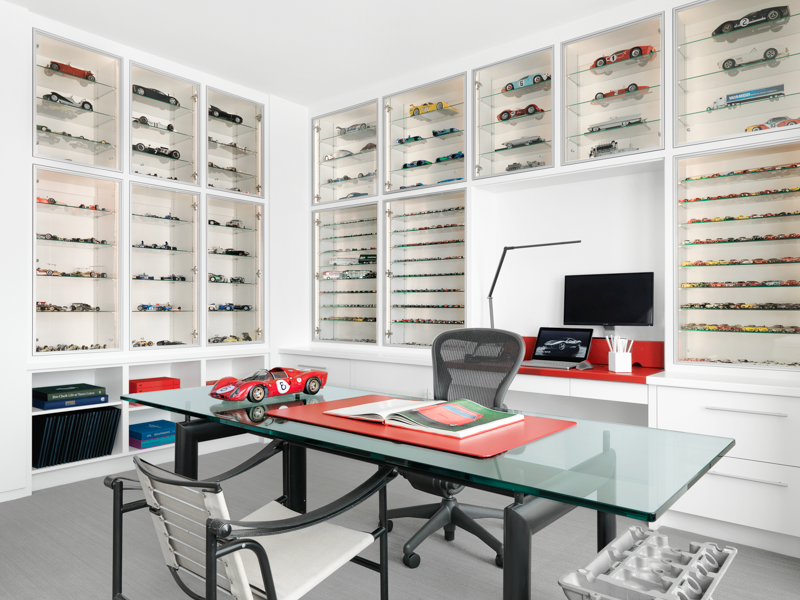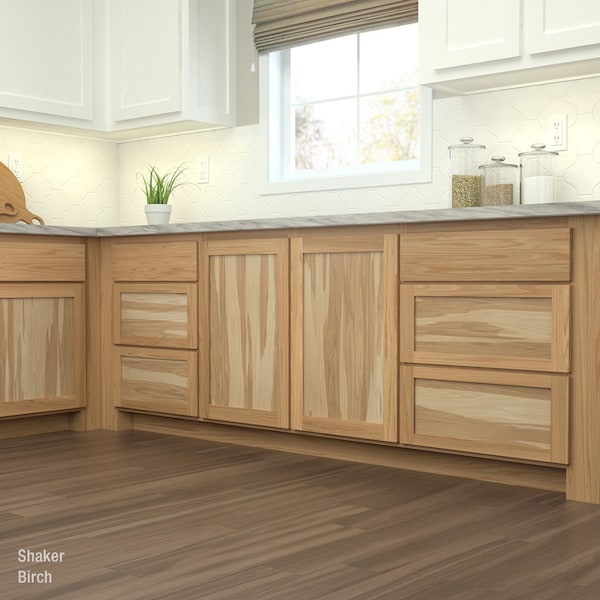All Categories
Featured
The appropriate choice of products can considerably influence your entrance's appearances, resilience, and capability. Below's a guide to choosing the best materials for your custom-made access gateway.
Wood gateways show heat and all-natural charm, making them a popular selection for typical and rustic styles.
Pros:
Visual Charm: Uses a traditional, sophisticated appearance that enhances a variety of building designs.
Adjustable: Can be discolored, painted, or sculpted to achieve an unique layout.
Eco-Friendly: Lasting options like recovered wood decrease environmental effect.
Cons:
Upkeep: Requires routine staining or securing to shield against weather condition and parasites.
Durability: May warp, split, or rot with time without proper treatment.
![]()
Metal gates are celebrated for their resilience and ability to suit detailed styles.
Pros:
Longevity: Resistant to damage, making it ideal for high-traffic areas.
![]()
Style Flexibility: Ideal for both traditional functioned iron styles and contemporary, smooth styles.
Reduced Maintenance: Calls for minimal maintenance with appropriate coatings to protect against corrosion.
Disadvantages:
Cost: High-grade metals like functioned iron or stainless steel can be expensive.
Heat Retention: May become hot to the touch in direct sunshine.
Light weight aluminum is a cost-effective choice to heavier steels, providing a contemporary look with reduced maintenance.
Pros:
Corrosion-Resistant: Perfect for locations with high humidity or seaside climates.
Lightweight: Easier to install and run contrasted to various other steels.
Affordable: Offers a smooth consider a reduced cost.
![]()
Disadvantages:
Toughness: Less long lasting than much heavier metals like steel or iron.
Restricted Personalization: Not as flexible for intricate designs.
Vinyl entrances are recognized for their cost and convenience of upkeep, making them a sensible selection for many home owners.
Pros:
Reduced Upkeep: Immune to weather, bugs, and UV rays.
Affordable: Budget-friendly ahead of time and gradually because of minimal maintenance.
Variety: Available in a range of designs and colors.
Cons:
Resilience: Less durable than timber or steel and can split in severe temperatures.
Look: Does not have the natural look of wood or the refinement of steel.
Compound gates integrate timber fibers with plastic or resin to produce a long lasting and eye-catching alternative.
Pros:
Resilience: Immune to rot, bending, and pests.
Reduced Upkeep: Doesn't call for painting or staining.
Eco-Friendly: Frequently made from recycled products.
Disadvantages:
Cost: More expensive than typical wood or plastic.
Look: May do not have the credibility of all-natural timber.
When Picking Materials,Secret Considerations.
Climate: Consider just how the product will certainly execute in your regional climate condition. For circumstances, metal is excellent for toughness, while plastic functions well in moist environments.
Maintenance: Choose a material that fits your way of life and determination to maintain it with time.
Design: Make certain the product straightens with your home's building design and personal taste.
Budget: Variable in both ahead of time costs and lasting costs for upkeep and repairs.
Final Thoughts
Selecting the appropriate product for your custom access gate is an important step in developing a aesthetically appealing and practical entry to your residential property. Whether you prioritize the timeless elegance of timber, the stamina of steel, or the functionality of plastic, there's a product to match your demands. By stabilizing aesthetics, longevity, and price, you can create a customized entrance that enhances your home's visual appeal while standing the test of time.
- Timber: Ageless Elegance
Wood gateways show heat and all-natural charm, making them a popular selection for typical and rustic styles.
Pros:
Visual Charm: Uses a traditional, sophisticated appearance that enhances a variety of building designs.
Adjustable: Can be discolored, painted, or sculpted to achieve an unique layout.
Eco-Friendly: Lasting options like recovered wood decrease environmental effect.
Cons:
Upkeep: Requires routine staining or securing to shield against weather condition and parasites.
Durability: May warp, split, or rot with time without proper treatment.
- Steel: Stamina and Adaptability

Metal gates are celebrated for their resilience and ability to suit detailed styles.
Pros:
Longevity: Resistant to damage, making it ideal for high-traffic areas.

Style Flexibility: Ideal for both traditional functioned iron styles and contemporary, smooth styles.
Reduced Maintenance: Calls for minimal maintenance with appropriate coatings to protect against corrosion.
Disadvantages:
Cost: High-grade metals like functioned iron or stainless steel can be expensive.
Heat Retention: May become hot to the touch in direct sunshine.
- Aluminum: Lightweight and Budget Friendly
Light weight aluminum is a cost-effective choice to heavier steels, providing a contemporary look with reduced maintenance.
Pros:
Corrosion-Resistant: Perfect for locations with high humidity or seaside climates.
Lightweight: Easier to install and run contrasted to various other steels.
Affordable: Offers a smooth consider a reduced cost.

Disadvantages:
Toughness: Less long lasting than much heavier metals like steel or iron.
Restricted Personalization: Not as flexible for intricate designs.
- Plastic: Practical and Budget-Friendly
Vinyl entrances are recognized for their cost and convenience of upkeep, making them a sensible selection for many home owners.
Pros:
Reduced Upkeep: Immune to weather, bugs, and UV rays.
Affordable: Budget-friendly ahead of time and gradually because of minimal maintenance.
Variety: Available in a range of designs and colors.
Cons:
Resilience: Less durable than timber or steel and can split in severe temperatures.
Look: Does not have the natural look of wood or the refinement of steel.
- Compound Products: The Very Best of Both Worlds
Compound gates integrate timber fibers with plastic or resin to produce a long lasting and eye-catching alternative.
Pros:
Resilience: Immune to rot, bending, and pests.
Reduced Upkeep: Doesn't call for painting or staining.
Eco-Friendly: Frequently made from recycled products.
Disadvantages:
Cost: More expensive than typical wood or plastic.
Look: May do not have the credibility of all-natural timber.
When Picking Materials,Secret Considerations.
Climate: Consider just how the product will certainly execute in your regional climate condition. For circumstances, metal is excellent for toughness, while plastic functions well in moist environments.
Maintenance: Choose a material that fits your way of life and determination to maintain it with time.
Design: Make certain the product straightens with your home's building design and personal taste.
Budget: Variable in both ahead of time costs and lasting costs for upkeep and repairs.
Final Thoughts
Selecting the appropriate product for your custom access gate is an important step in developing a aesthetically appealing and practical entry to your residential property. Whether you prioritize the timeless elegance of timber, the stamina of steel, or the functionality of plastic, there's a product to match your demands. By stabilizing aesthetics, longevity, and price, you can create a customized entrance that enhances your home's visual appeal while standing the test of time.
Latest Posts
Quality Roofing Solutions in Tinley Park by A-Abel Roofing
Published Jan 07, 25
1 min read
A-Abel Roofing: Your Partner for Quality Roof Care
Published Jan 07, 25
1 min read
Raise Your Area with Premium Wood Flooring
Published Jan 07, 25
1 min read